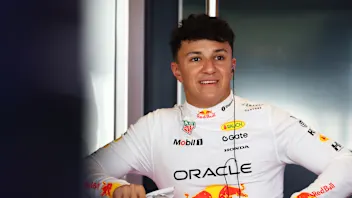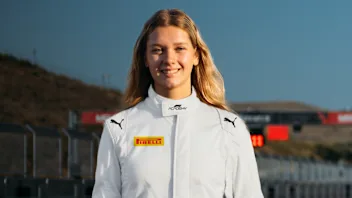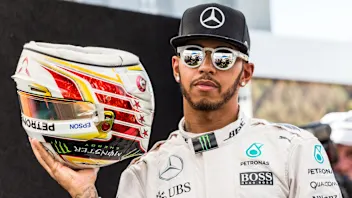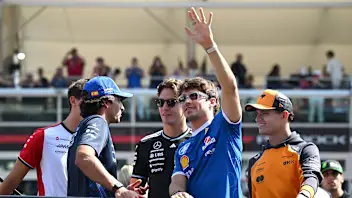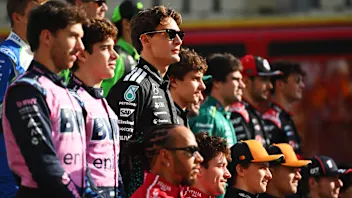TREMAYNE: The architect of Red Bull’s amazing success turns 50 today, but who is the real Christian Horner?

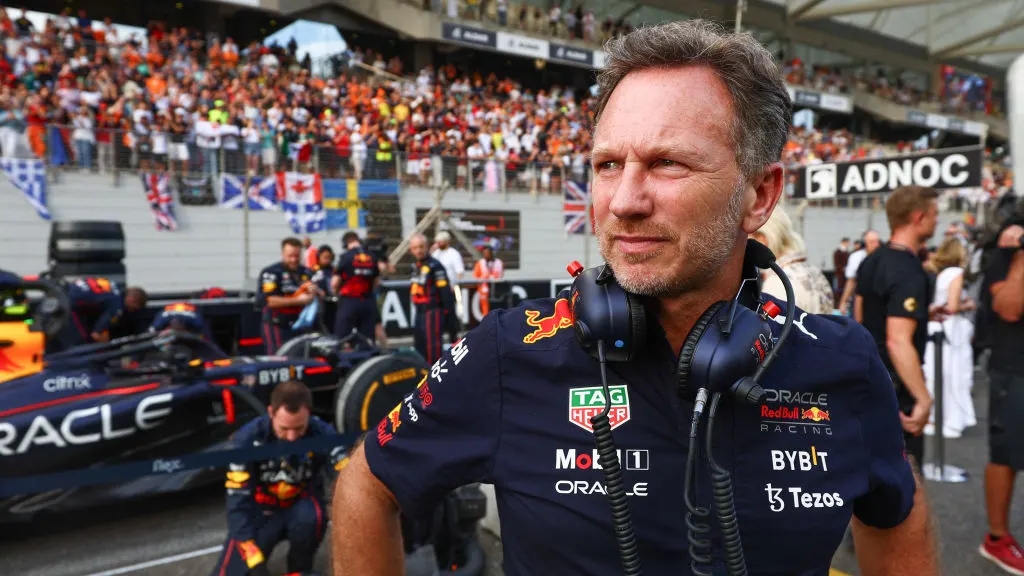
Regular watchers of Formula 1 may be inclined to harbour polarised feelings towards the two team bosses most regularly fighting for success in recent seasons: Christian Horner of Red Bull and Toto Wolff of Mercedes. Their spats on the small screen have made extremely amusing viewing at times, as has their war of words and mutual descriptions of each others as a ‘windbag’ and a ‘pantomime dame’.
The truth, of course, is that it is entirely possible to like both of them, and that much of the badinage is part and parcel of competitive sport. False praise never makes interesting viewing.
Next Up
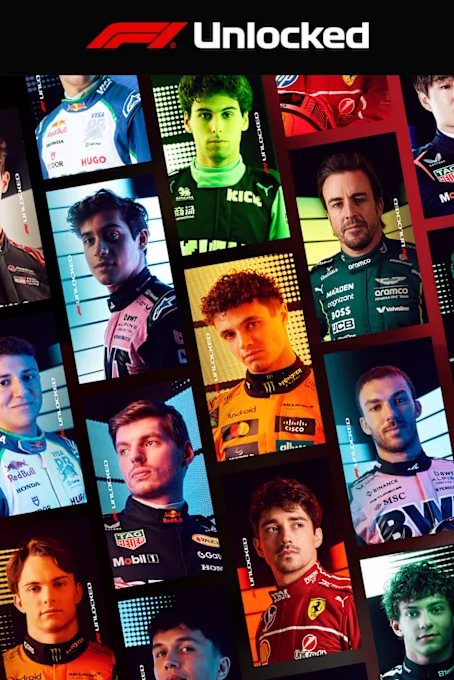
.webp)
